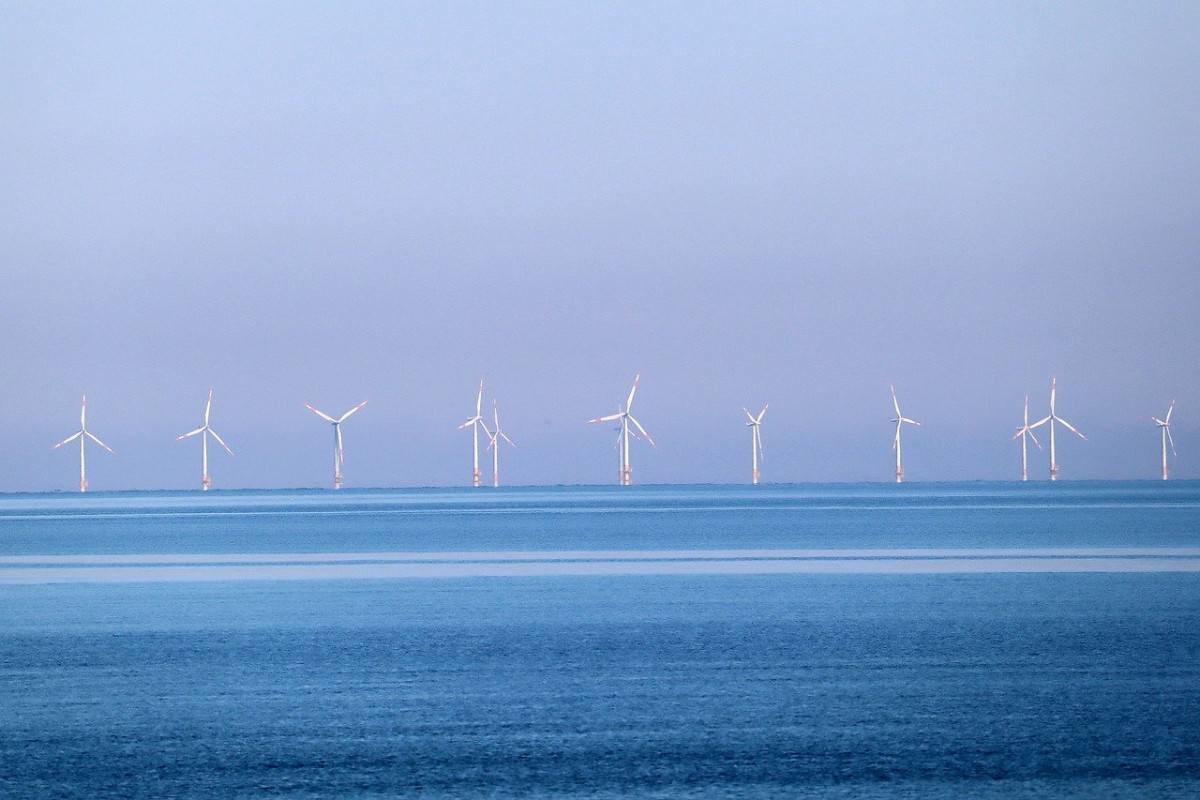The ESB and Shannon Foynes Port have announced a funding collaboration for a €250k study at MaREI, the SFI Research Centre for Energy, Climate and Marine at University College Cork (UCC), in the latest step towards helping Ireland to deliver floating offshore wind (FLOW) projects in the future.
Starting in September, the focus of the research will be to examine the requirements and identify potential sites for wet storage, which is the temporary offshore storage of floating offshore wind turbines in suitable areas prior to installation. This is a key requirement for facilitating floating offshore wind, which will be a fundamental technology in Ireland reaching its offshore renewable targets.
The research will take place over two phases. The first phase will consist of understanding the key conditions and constraints associated with the development and identification of suitable wet storage sites, while phase two will focus on the technical challenges of designing sites in terms of the optimum layout and mooring configuration. The aim of the study is to identify and inform considerations for the future FLOW industry that are required at an economic, environmental, societal and policy level in Ireland and also, to set a benchmark for best international practice through close academic and industry collaboration.
Ronan O’Flynn, ESB Programme Director for Green Atlantic @ Moneypoint, said: “We understand the importance that floating offshore wind projects are going to play in both Ireland achieving its ambitious renewable energy targets and ESB delivering on our commitment to reach net zero by 2040. Research such as this, carried out by our partners MaREI and supported by Shannon Foynes Port, will help the entire industry to better understand what is required for crucial wet storage facilities that will allow floating offshore wind projects to be delivered at scale.”
Pat Keating, CEO at Shannon Foynes Port, said: “Our partnership with the ESB on funding this research will help underpin understanding in the key area of wet storage, in which Shannon Estuary will be a major provider of as we go about harvesting the unprecedented opportunity for not just our region and state arising from floating offshore wind. Because of the estuary’s existing deepwater ports at Foynes and Moneypoint, wet storage space and available land for large-scale industrial development, we are one of few locations in Europe that can manufacture floating turbines at the scale necessary for commercialisation.”
Dr Jimmy Murphy, Funded Investigator in MaREI and Senior Lecturer in the School of Engineering in UCC, said: “This project will be an important enabler for the emerging floating wind energy sector in Ireland and will allow strategic planning decisions to be made related to the efficient deployment of floating windfarms. MaREI has a track record of research and development in floating wind and welcomes this collaboration with ESB and Shannon Foynes Port to address the challenge of identifying potential wetstorage locations and optimising design layout.”
Ireland’s offshore wind energy potential arising from our Atlantic seaboard winds is among Europe’s leading renewable energy opportunities. With a maritime area more than seven times the size of its landmass, ideal wind conditions, and strategic location on the Atlantic Ocean’s edge, floating offshore wind generation can deliver up to 30 gigawatts of energy by 2050 – six times more than current domestic electricity demand.
MaREI will provide the research expertise along with the various tools required for the study which is aligned with their core research principles. ESB and Shannon Foynes Port will provide funding support and industry knowledge for the study which is in line with ESB’s Net Zero by 2040 strategy and Shannon Foynes Port’s Vision 2041 masterplan.
